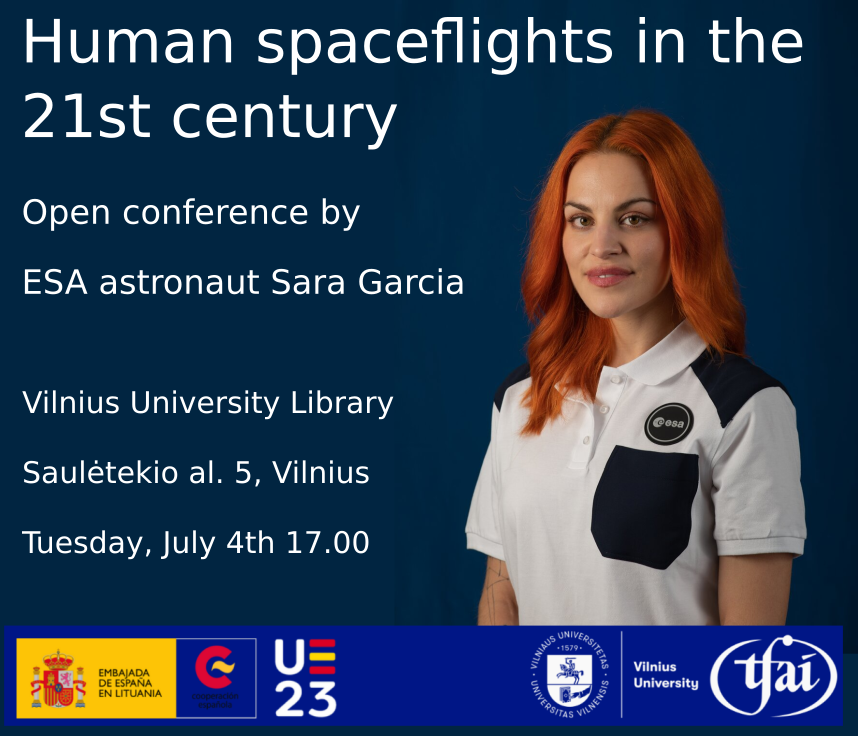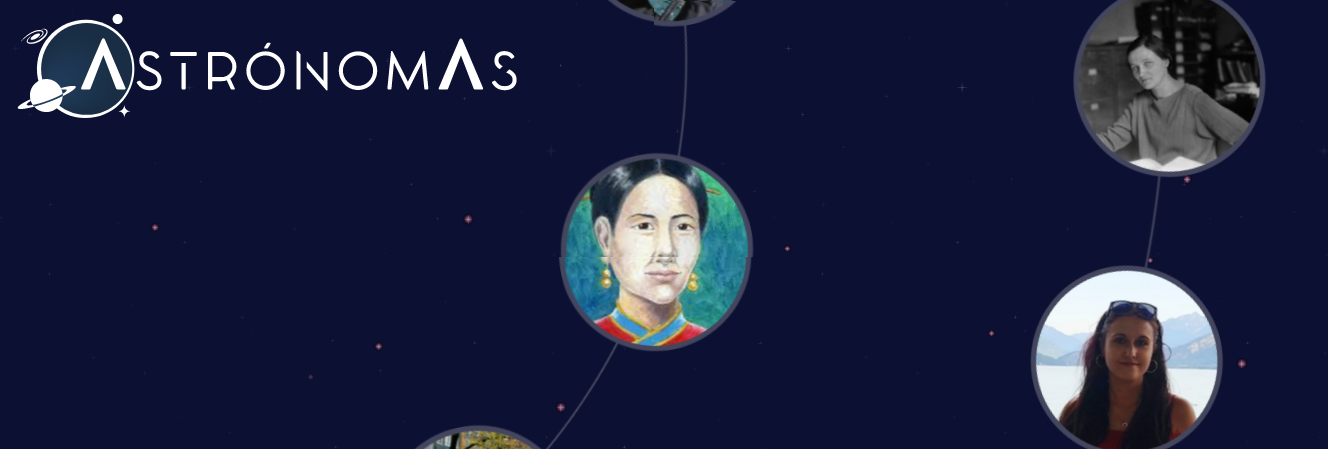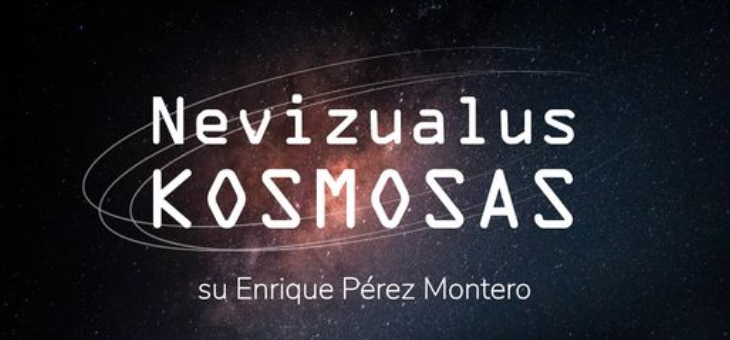| Better Inclusion, Better Science, Building Impact in MW-GAIA |
|
This 3 day school will cover topics related to improving inclusion in the science process, how this leads to better science, and more impactful science. In the school the MW-Gaia community will discuss, with the help of professionals from several scientific and social disciplines, current best practice in inclusion and impact and learn about possible new initiatives and solutions. Speakers will show how their Equality/Diversity/Inclusion commitment is fundamental in underpinning their research. Topics for the School include:
The meeting is part of the project “Revealing the Milky Way with Gaia” (MW-Gaia) funded by a COST (European Cooperation in Science and Technology) Union action. MW-Gaia’s main purpose is to provide a better understanding of the Galaxy, its stars and planets, to enhance the potential of the community in its scientific exploitation of the observations of more than a billion stars with the European Space Agency's Gaia satellite, and to enhance the development of the next steps in astrometry and space astrometry missions. The meeting is especially aimed at WG5 members of the project, who will discuss the current state of their work and discuss the future decisions to be taken. Participants are mainly expected from countries that are part of the COST MW-Gaia Action, but the workshop is open to scientists from all over the world, an international participation that we want to encourage. Researchers who are in the early stages of their careers and those from underrepresented countries will play a key role. The presence of some of the leads of the MW Gaia project, scientists of recognized international prestige, is also expected; as well as high-level astronomers as guest speakers. In order to enable participation by people who might be unable to attend physically due to travel or time zone constraints or through a wish to reduce the carbon footprint of the event, the school will happen in hybrid format. The financial support can be awarded for Early Carrier researchers and researchers from ITC countries. You can apply for it in registration form. Registration deadline for participants 1 of July Scientific Organizing Committee Carlos Viscasillas Vázquez, Vilnius University, Lithuania Lola Balaguer University of Barcelona, Spain Josefina F. Ling, University of de Santiago de Compostela, Spain (CHAIR) Elsa Moreira, Institute of Astrophysics and Space Sciences, Portugal Gražina Tautvaišienė, Vilnius University, Lithuania Guillaume Guiglion, Max-Planck-Institut für Astronomie, Königstuhl 17, 69117 Heidelberg Local Organizing Committee (CHAIR) Šarūnas Mikolaitis, Vilnius University, Lithuania Carlos Viscasillas Vázquez, Vilnius University, Lithuania Edita Stonkutė, Vilnius University, Lithuania Arnas Drazdauskas, Vilnius University, Lithuania Gražina Tautvaišienė, Vilnius University, Lithuania Justinas Lebedevas, Vilnius University, Lithuania Markus Ambrosch, Vilnius University, Lithuania Olga Rancova, Vilnius University, Lithuania Renata Minkevičiūtė, Vilnius University, Lithuania Yiuriy Chorniy, Vilnius University, Lithuania Barkha Bale, Vilnius University, Lithuania Invited Speakers and LecturersSara García Alonso, Researcher, Astronaut, ESA, Spain 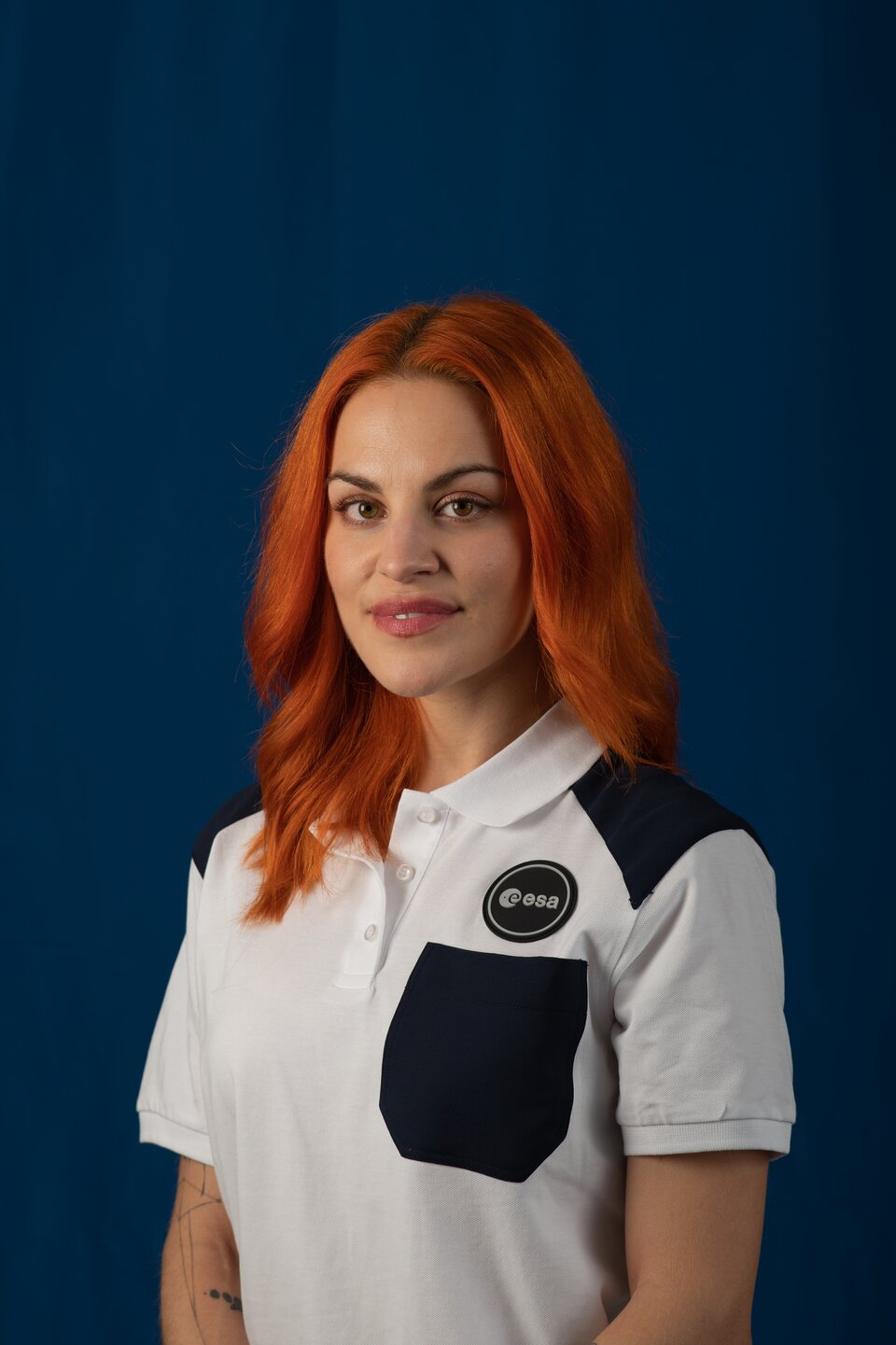 Amelia Bayo, Professor, ESO, Germany Josefina F. Ling Ling, Proffesor, Universidade Santiago de Compostela Observatorio Astronomico RM Aller Avda de las Ciencias, Spain  Renata Minkevičiūtė, Researcher, Vilnius University, Lithuania 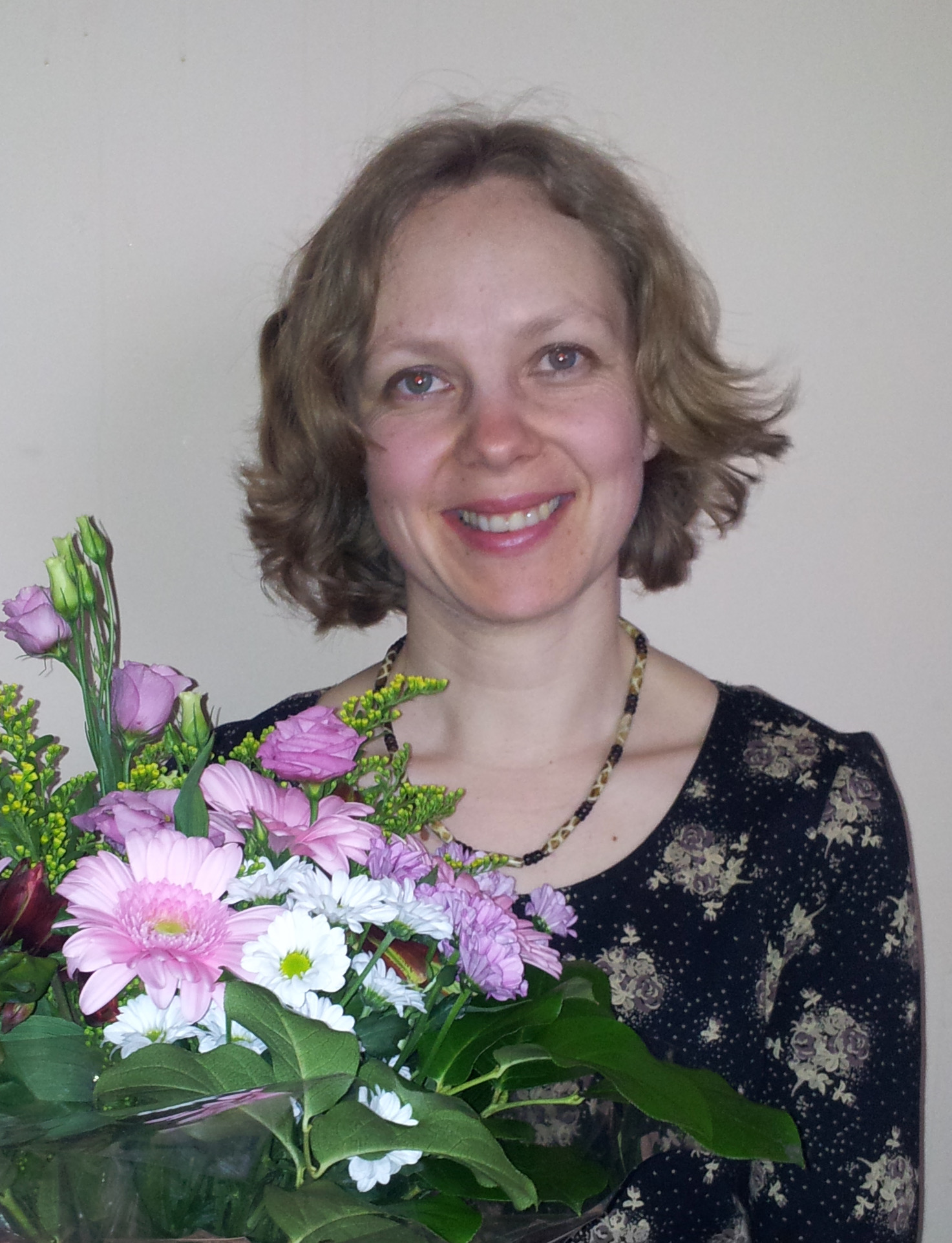 Enrique Pérez Montero, Researcher, Instituto de Astrofísica de Andalucía, Spain  Erika Pakštienė, Researcher, Vilnius University, Lithuania 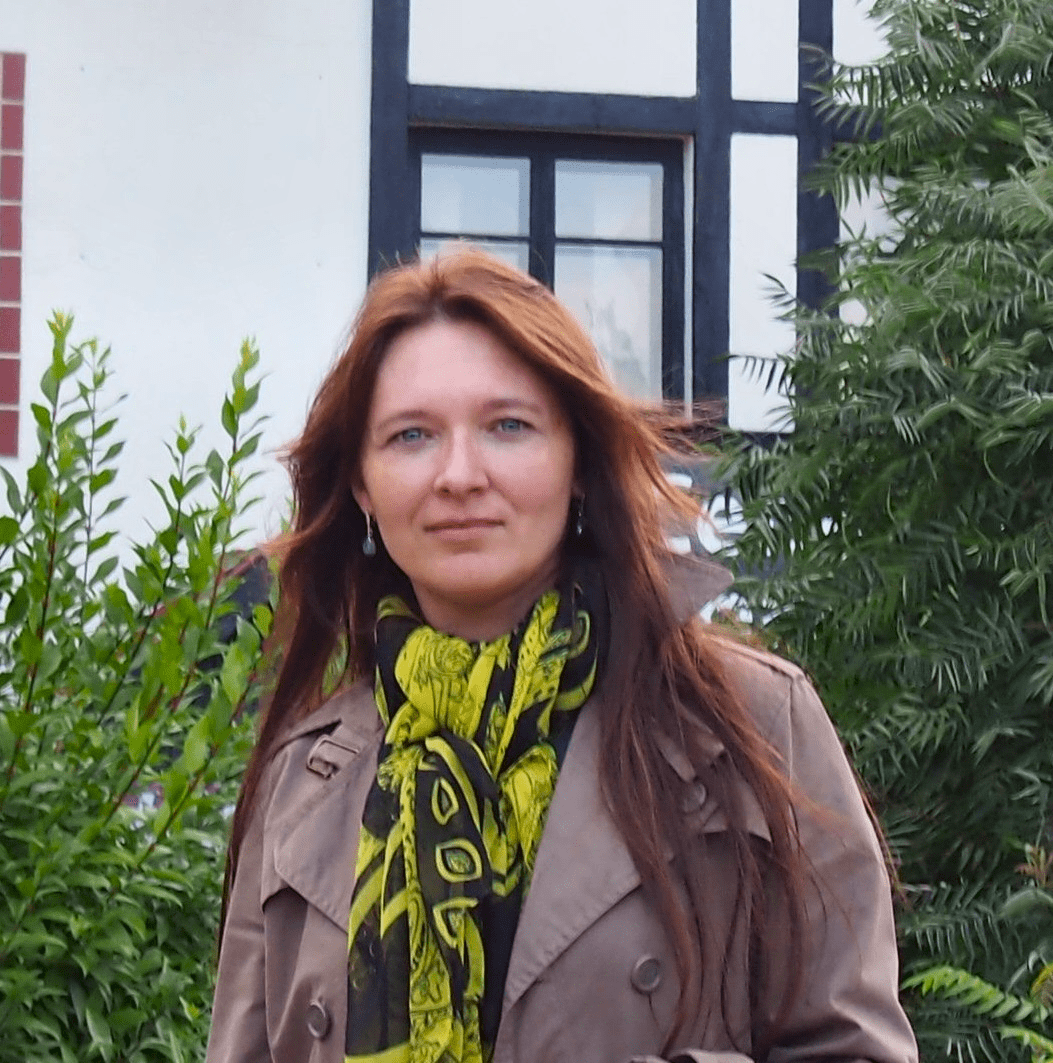 Gražina Tautvaišienė, Professor, Vilnius University, Lithuania 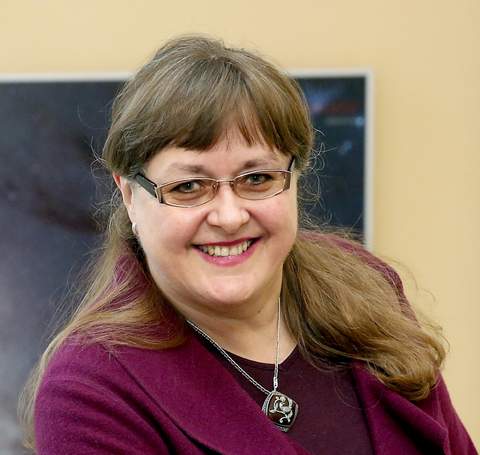 Tanya Urruti, researcher, Leibniz-Institute for Astrophysics, Germany  Guillaume Guiglion, researcher, Max Planck Institute for Astronomy, Germany 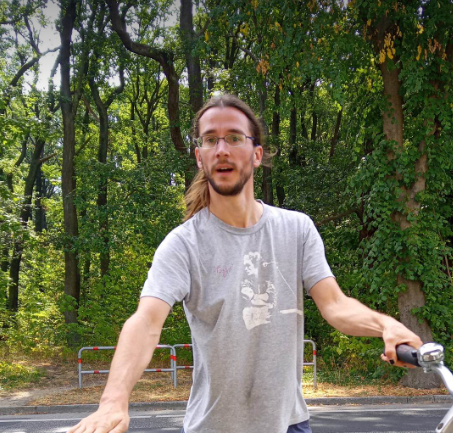 |
| Venue |
|
Venue - National Center for Physical Sciences and Technology (NFTMC)The school will be held at the National Center for Physical Sciences and Technology (NFTMC), Saulėtekio ave. 3, Vilnius, Lithuania where Institute of Theoretical Physics and Astronomy of Vilnius University is located. Please use this location on Google Maps (https://goo.gl/maps/KhNvPs6UG9vDZLQF7) to to find the best way for transportation to the venue. Generally troleybus No 2 is the best way to go from center to the venue. Travel to Vilnius If you are traveling by air, the closest international airport is Vilnius (VNO). Instructions for traveling from thet airport to are here. It is easy to travel by the bus around Baltic countries, ticket can be reserved with eurolines or ecolines . Public transport to the venue and Airport The easy way is to use TRAFI app on the smartphone and buy 30 min or 90 min or 1 day tickets with credit card To get to venue from the centre you can use trolleybuses No 2 or 4 or bus 4G. Airport - city center you can use busses No 3G, 1, 2 or 88, depending on the location of your hotel. Please check routes and timetables here: (https://www.trafi.com/lt/vilnius) or in TRAFI app. Uber and Bolt are convenient and cheap options to go around Vilnius, and you should expect to pay up to 7-12 EUR to go to the venue or airport. Hotels Booking.com and Airbnb are simple options to book your hotel. If you plan to use public transport and also want to have some Vilnius experience, probably the best is to stay closer to the Cathedral square. For example: |
| Map |
Virtual walktrough in National Center for Physical Sciences and Technology (NFTMC) |
| Programme |
|
To be updated
|
||||||||||||||||||||||||||||||||||||||||||||||||||||||||||||||||||||||
| Participants |
|
Participant list to be updated
|
|||||||||||||||||||||||||||||||||||||||||||||||||||||||||||||||||||||||||||||||||||||||||||||||||||||||||||||||||||||||||||||||||||||||||||||||||||||||||||||||||||||||||||||||||||||||||||||||||||||||
| Public Events |
|
The events are dedicated to mark the start of the Spanish Presidency of the Council of the European Union 2023 The events are organized by the Embassy of Spain in Lithuania and Institute of Theoretical Physics and Astronomy, Faculty of Physics, Vilnius University Sara Garcia's (ESA astronaut) conference "Human spaceflights in the 21st century" at the Vilnius
The exhibition "AstrónomAs" at the Theoretical Physics and Astronomy Institute (Vilnius University, Faculty of Physics) Saulėtekio al. 3, Vilnius, Lithuania, July 3-10
Meeting with Dr. Enrique Pérez-Montero at Lithuanian Audiosensory Library 2023 June 5 d. 12:00 val
|

